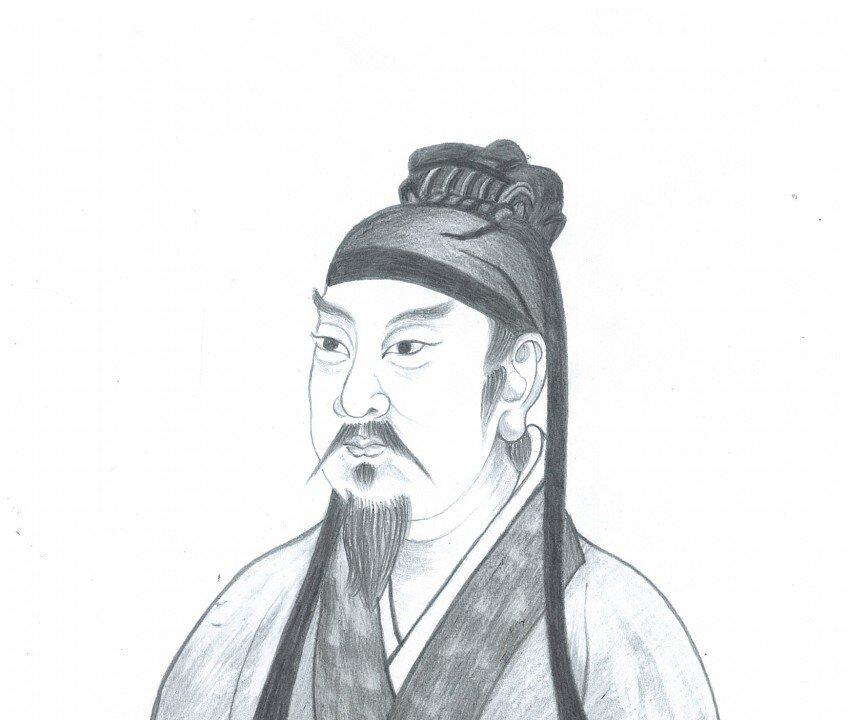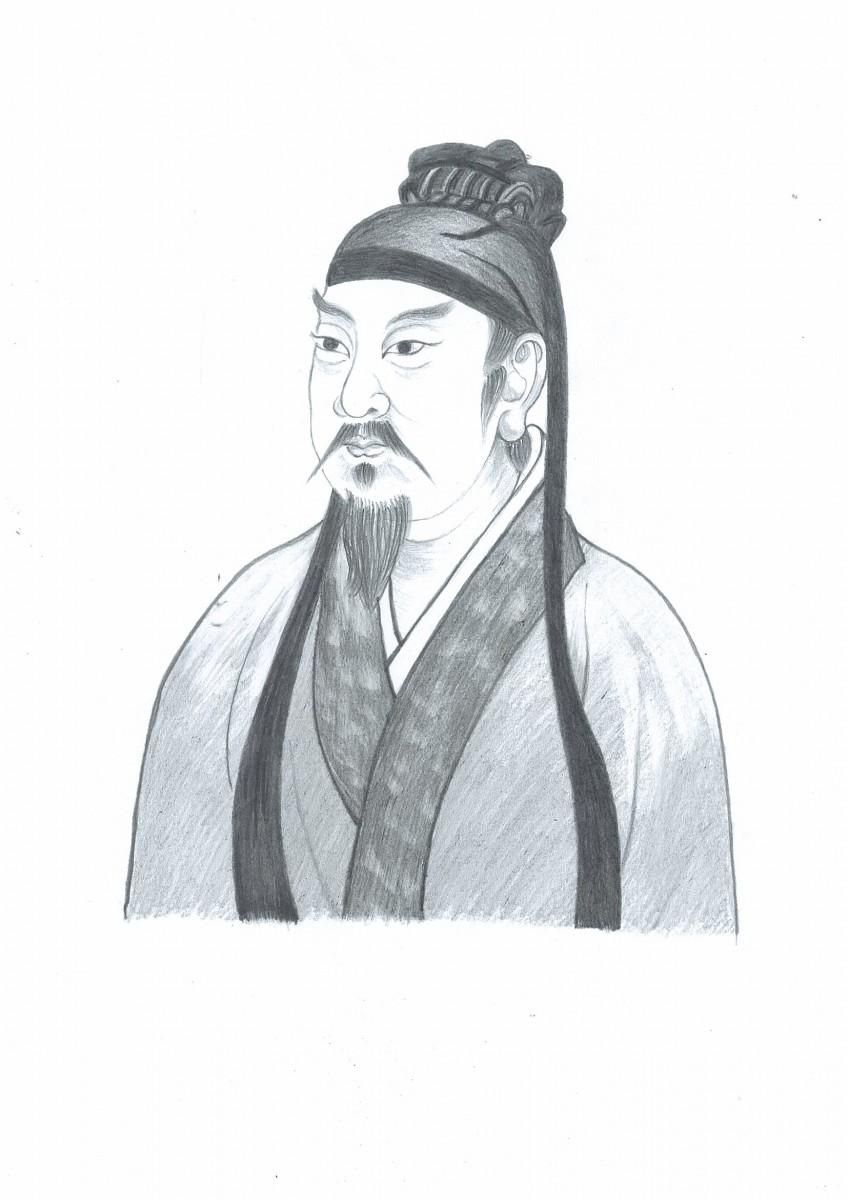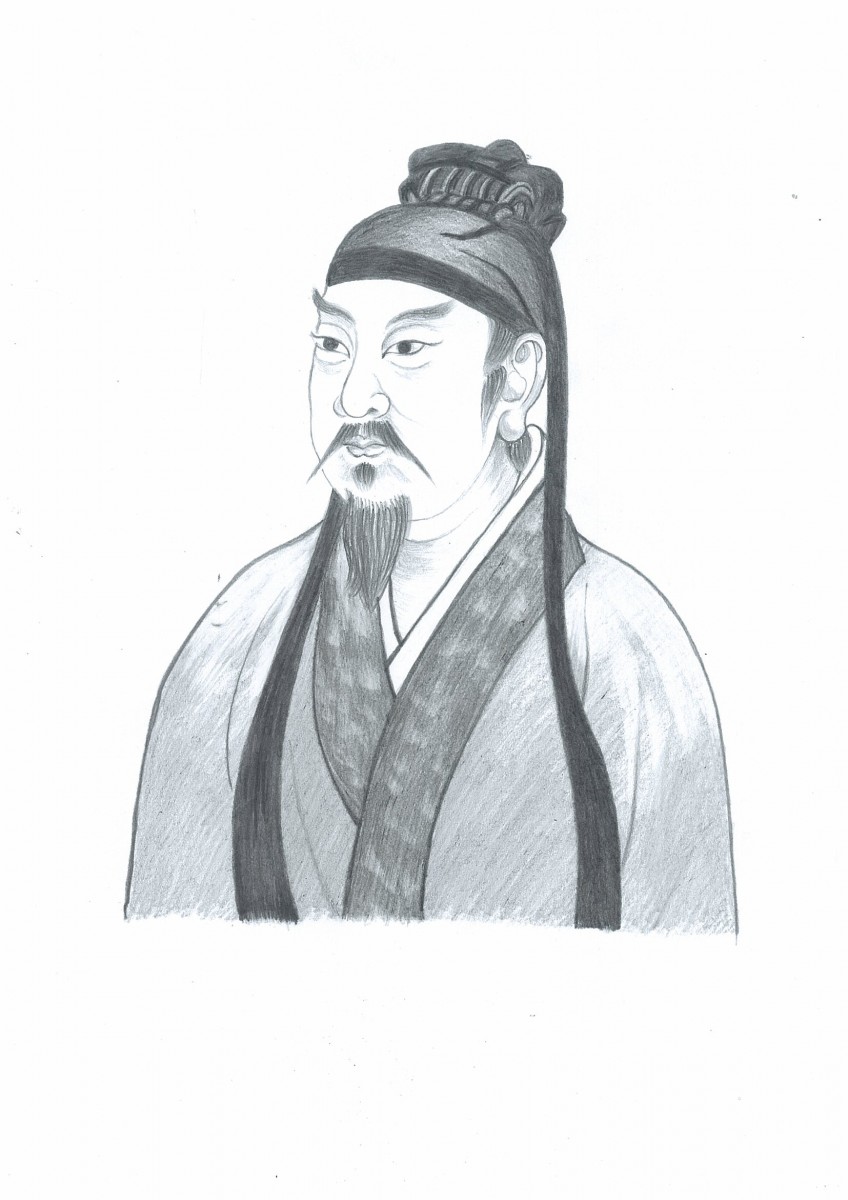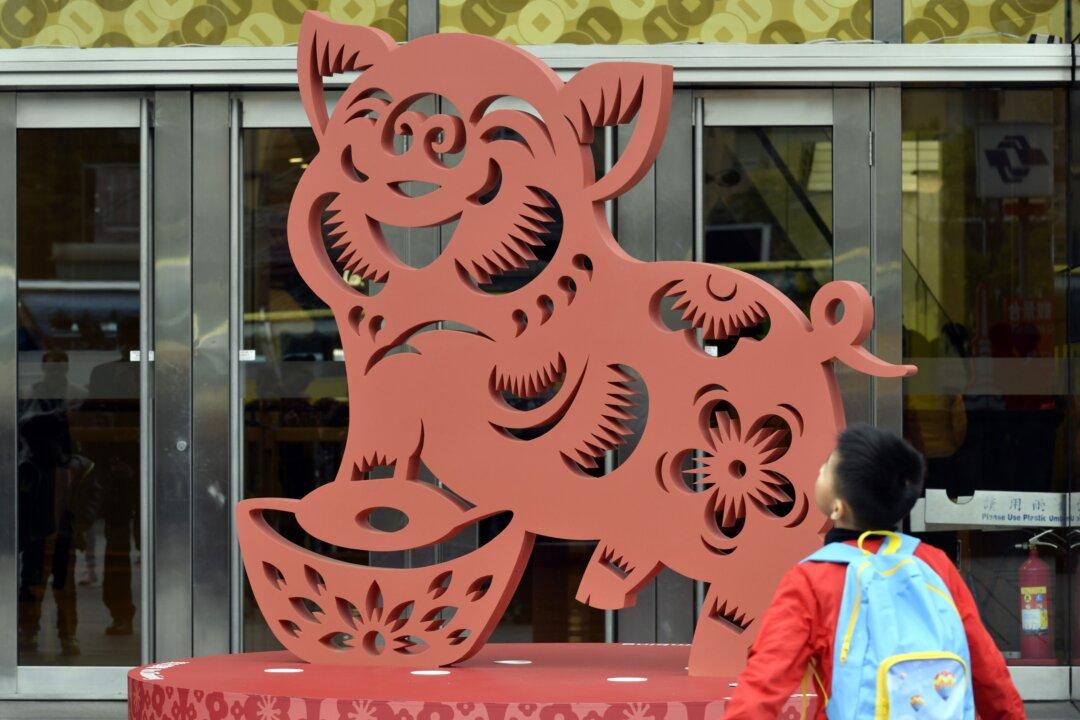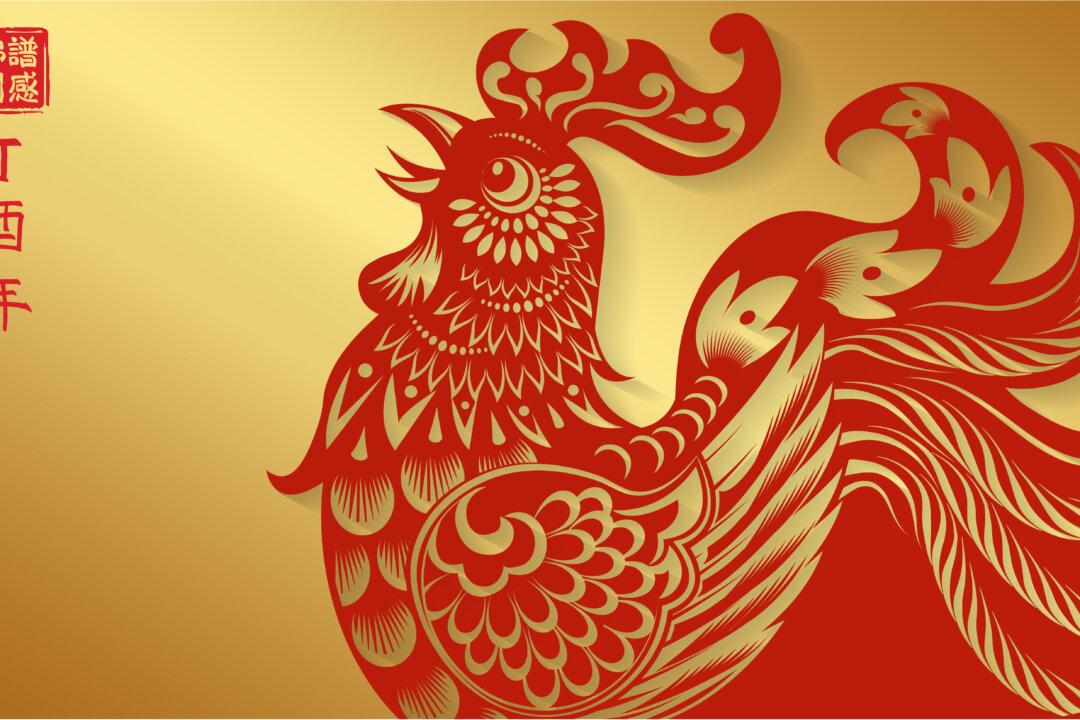Sun Bin (316 B.C.) was considered by many scholars as one of the most distinguished military strategists after Sun Zi (also known as Sun Tsu, the author of The Art of War), though it is still uncertain as to whether he was a direct descendant of Sun Zi. His first name, Bin, became associated with a cruel, ancient penalty, which resulted in the disability of this talented man of the Warring States Period.
In his early days of study, Sun’s talent was resented by a fellow student, Pang Juan, who dreamed of becoming the best strategic military general, though he was aware of Sun’s special gift.
Years later, after he became a general in the state of Pei and to ensure that no one could rival him, Pang duped Sun into coming to help him, but soon framed Sun and charged him with treason. Sun endured what was later called the “Bin” penalty in which his kneecaps were chopped off. This disabled him, and deprived him of any chance of becoming a general. Sun was kept in the dark about Pang’s betrayal even after the punishment was meted out.
Once he discovered the truth, Sun eventually escaped, with assistance, to the state of Qi. There he was wholeheartedly welcomed by the general Tian Ji, and first exhibited his unique talents in a legendary horse race.
The famous horse race between this general and the Duke of Qi followed a set form. Horses were classified into three categories: first-class, average, and inferior. The horse owner that won in the most categories was the overall winner.
Sun Bin devised a strategy to reverse the order of the general’s horses: the general’s inferior horses raced against the duke’s first-class ones, the general’s first-class horses raced against the duke’s average ones, and the general’s average ones against the duke’s inferior ones.
The general won the total bet that day and the duke was greatly amazed by Sun’s strategy. Later, the duke appointed Sun to be the general’s chief adviser.
This event later became a Chinese idiom: “General Tian Ji’s horse-racing strategy (Tián Jì sài mǎ, 田忌賽馬),”—one takes the advantage when competing with the opponent by first deploying, and thereby sacrificing, one’s weakest element to eventually gain the maximum effect.
Sun Bin Triumphs
The redemption of Sun Bin was complete after two immortal battles, which have engraved his name in Chinese military history.
The first battle began when his old rival, General Pang, led a large army to lay siege to the state of Zhao. To help the Zhao state with Qi’s small army, Sun Bin advised General Tian Ji to besiege Wei’s capital, while all the elite Wei troops were away. Sun also further refined this plan by first sending small, weak troops to attack important Wei military bases.
These battles ended in the “defeat” of the Qi troops, which inflated the arrogance of General Pang. Qi then used elite forces to attack Wei’s capital. Once he realized the true situation, Pang hastened his army’s retreat to defend his capital. His army was ambushed by Sun half-way, and Pang suffered huge losses due to exhaustion and unpreparedness.
“Besiege Wei to Rescue Zhao,” or the strategy of relieving the besieged by besieging the base of the besiegers, is the 2nd of 36 stratagems listed in Chinese military classics.
The second battle, the final one between Sun and Pang, happened 13 years later. When the King of Wei commanded Pang to lay siege to the Han state with his large army, Sun attacked his base with a small army again. Having learned from his last lesson, Pang raced back to the capital, only this time he was more prepared. Yet, Sun’s army retreated back to the Qi state. Seeking revenge for his last defeat, Pang had his army pursue Sun.
This time, Sun devised the new trick of “reducing stoves.” Every day, Sun’s army was ordered to significantly decrease the number of the campfires and cooking stoves. When General Pang noticed this, he believed that the morale of Sun’s army was low, and a large number of soldiers were defecting.
In his eagerness to capture Sun, whom Pang knew to be disabled and moving slowly, Pang took only a small, elite force to chase him.
Sun Bin predicted that, by nightfall, Pang’s personal troops would arrive at a narrow valley, a perfect place for an ambush. Sun ordered his soldiers to remove the bark from a big tree trunk near the road and inscribe the words “Pang Juan dies here,” and then to chop down all other trees and lay them all over the road. Next, he ordered his camouflaged archers to wait nearby; ready to shoot every arrow they had at the first sight of fire near the tree trunk.
When General Pang reached the spot and lit a torch to read the message on the tree, hundreds of arrows flew at him. Knowing his fate was sealed with such heavy injury, Pang took his own life, with his sword, next to the tree.
Sun later left the army and wrote the book Sun Bin’s Military Strategy. He also took his chosen followers into seclusion for more teaching. His book was regarded as a valuable elaboration and an important supplementary text to Sun Zi’s The Art of War.
The Epoch Times publishes in 35 countries and in 21 languages. Subscribe to our e-newsletter.
